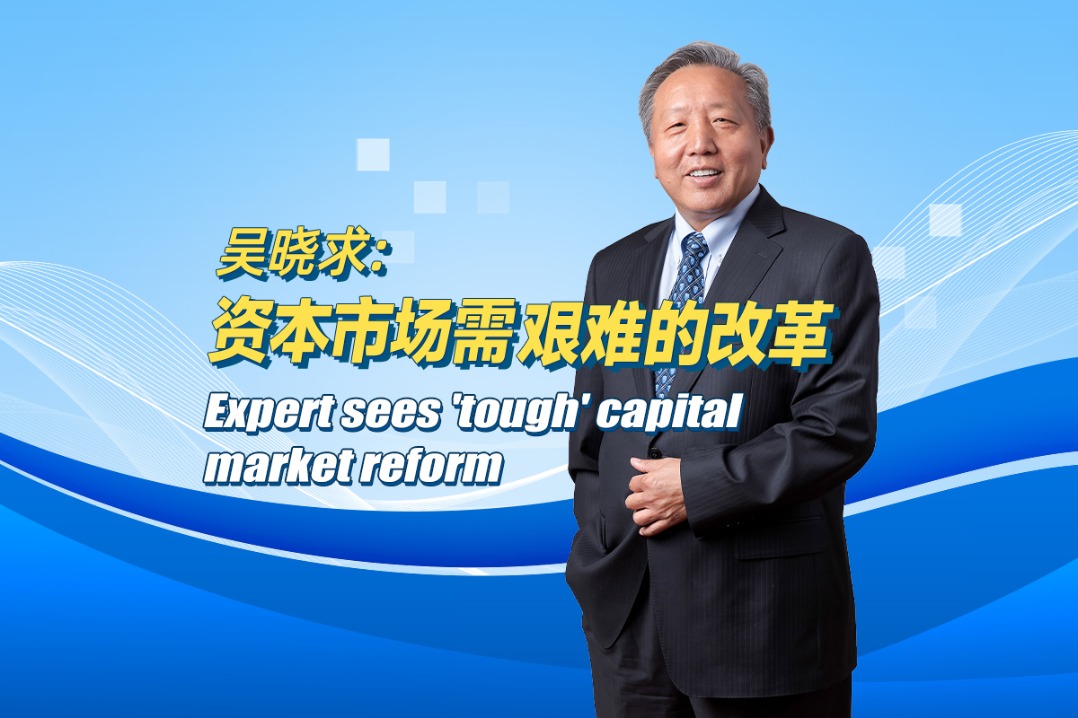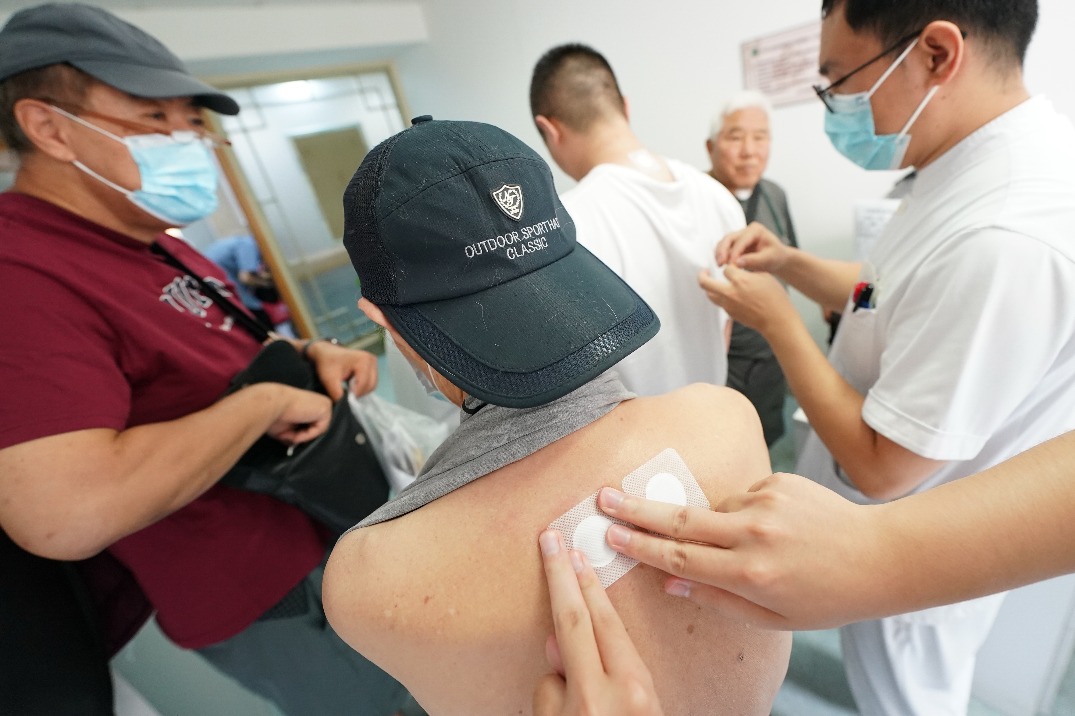State-owned companies high on reform agenda
By ZHONG NAN | China Daily | Updated: 2024-07-25 09:30

Fueled by China's tailor-made market-oriented reforms and industrial upgrades, both the profit and export value of the country's State-owned enterprises are expected to grow stably in the second half, analysts said on Wednesday.
They said China's new round of reforms will enhance the core competitiveness of SOEs. The reforms will advance key initiatives in areas such as strengthening technological innovation, building a modern industrial system, playing a role in ensuring national security, and deepening institutional and mechanism reforms.
The third plenary session of the 20th Central Committee of the Communist Party of China, which concluded last week, placed great emphasis on refining the layout of the State-owned sector and adjusting its structure.
China will improve the growth strength of major industries and key fields seen as vital to national security and serving as the lifeblood of the national economy, including public services and strategic emerging industries, said the resolution adopted by the meeting.
As SOE reforms deepen, the previous evaluation system is becoming inadequate for fostering high-quality development. The government has introduced a "one policy for one enterprise" assessment approach to address this issue, said Zhou Lisha, a researcher at the Institute for State-owned Enterprises at Tsinghua University in Beijing.
This tailored evaluation considers the unique functional positioning and industry characteristics of each SOE. It includes specific indicators that measure value creation capabilities, encompassing aspects like financial performance, market competitiveness, innovation capacity and social responsibility, said Zhou.
In response to increasing protectionism and global economic uncertainties, China has been allocating more resources to develop strategic emerging industries, with the goal of strengthening self-reliance in high-end technologies and fortifying the backbone of the national economy, said Xiao Shuguang, a professor specializing in SOE reform at the Guangdong University of Finance and Economics.
Strategic emerging industries in China include energy-saving and environmental protection, next-generation information technology, biotechnology, high-end equipment manufacturing, new energy, advanced materials and electric vehicles.
For instance, telecom operator China United Network Communications Ltd announced last week in Shanghai that it will build the next-generation internet — namely an intelligent computing network — to support the development of artificial intelligence in the country.
Centrally administered SOEs saw their profits grow by 1.9 percent year-on-year to 1.4 trillion yuan ($192.44 billion) in the first half, said the State-owned Assets Supervision and Administration Commission of the State Council.
The export value of China's central and locally administered SOEs rose 1.9 percent to 931.28 billion yuan during the January-June period, said the General Administration of Customs.
With SOEs bolstering their presence in emerging industries and hastening the upgrade of traditional advantageous industries, companies like Hubei province-based Dongfeng Motor Corp exported 112,000 vehicles between January and June, up 9.1 percent year-on-year.
Meanwhile, the value of Beijing-based China State Construction Engineering Corp's newly signed contracts reached 2.48 trillion yuan, surging 10 percent on a yearly basis, according to its financial report.
Speaking at a seminar for executives of central SOEs held in Beijing from Monday to Tuesday, Zhang Yuzhuo, chairman of SASAC, called for efforts to improve the mechanism regulating the reasonable flow of State capital, promote the revitalization of existing assets and the disposal of inefficient assets, and free up more resources for core technological breakthroughs in key fields and forward-looking strategic industries.
"It is necessary to build a professional platform for State capital to invest, restructure and circulate," said Zhang, adding that the government will take measures to increase the ratio of revenue generated from strategic emerging industries by State capital and central SOEs.
- China to optimize layout of state capital
- Reforms set to bolster SOE competitiveness
- Major SOEs, overseas partners sustain trade flows, supply chains
- Resolution of the Central Committee of the Communist Party of China on Further Deepening Reform Comprehensively to Advance Chinese Modernization
- Emerging industries key to SOEs
























